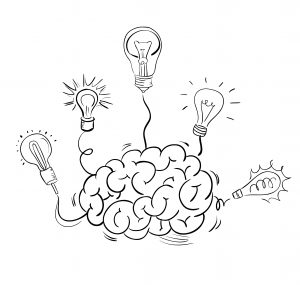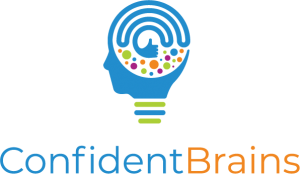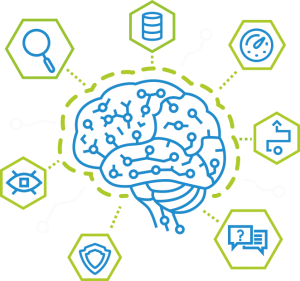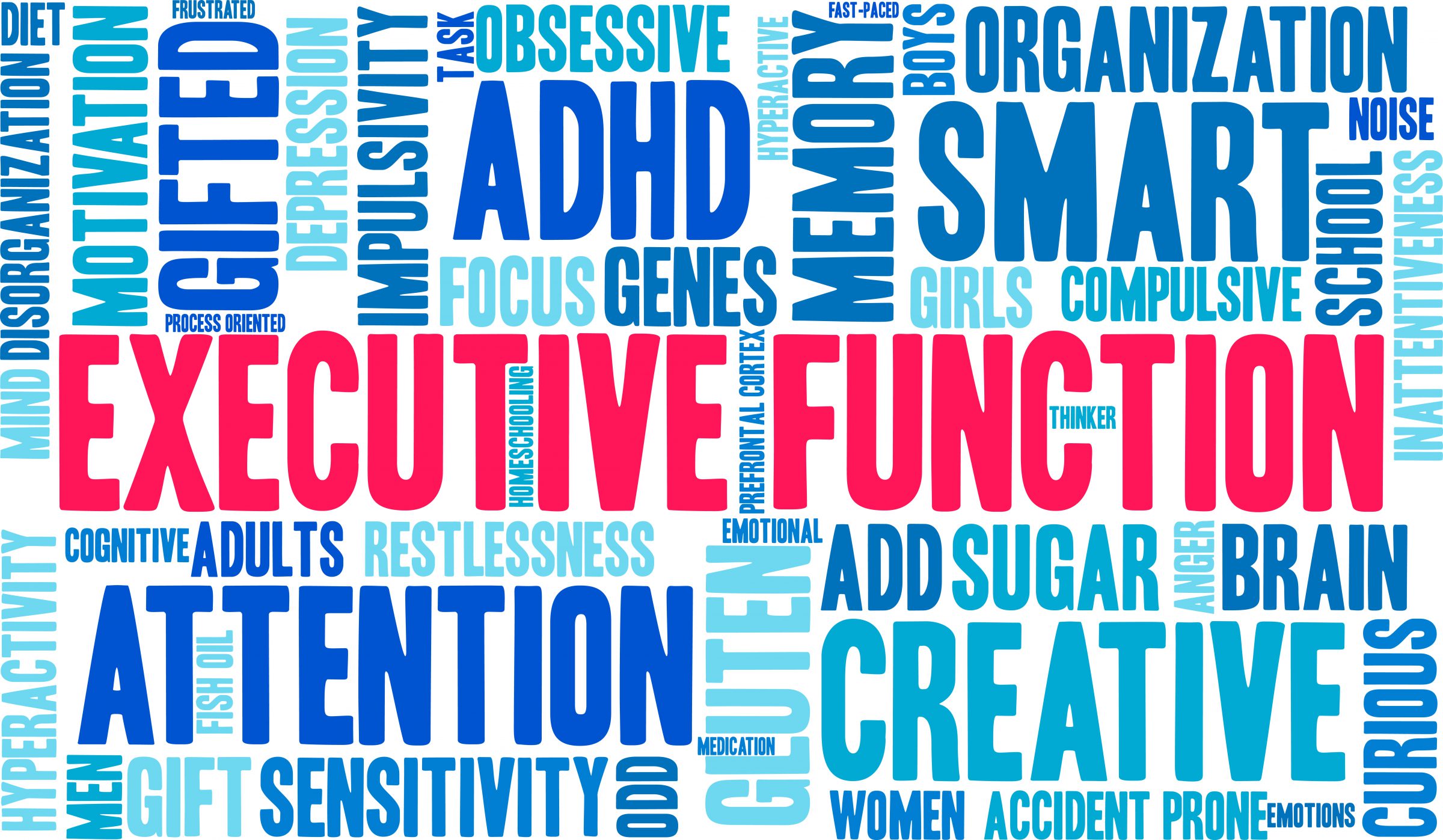
It is a common conception that Dyslexia cannot be treated. In fact, conventional wisdom suggests that people who struggle with learning challenges, in general, have few options to improve their current abilities. This results in people with learning difficulties often being presented with bleak futures—a do-your-best-with-what-you-have approach that makes learning challenges seem permanent. This notion is damaging. It leads to poor mental health, it lowers the ability to maximize individual potential and: It’s not true!
There are many programs in the world that claim to help individuals with learning difficulties. Fortunately, in some cases the claims are true. People with Dyslexia can receive help to improve specific reading and writing skills, but few programs actually address the root of the problem. They only work to mask the symptoms and people continue to struggle when faced with the next challenge.
From a cognitive perspective, Dyslexia is the result of having one or more weak brain functions related to the ability to read and write. Since the 1960’s neuroscientists have known that the brain can grow and change through the process called neuroplasticity. Since the 1970’s practitioners have been using the concept of neuroplasticity to grow and strengthen weaker functions in the brain, reducing or eliminating cognitive weaknesses that cause learning difficulties.

Specific cognitive training exercises can be used to strengthen weaker brain areas that are the underlying cause of specific learning difficulties such as Dyslexia, Dysgraphia, Dyscalculia, memory disorders, Auditory Processing Disorder, and Attention Deficit Disorder (ADD).
Dyslexia can be caused by a combination of weak cognitive functions. Once these functions are identified they can be strengthened through a series of brain training exercises. The Arrowsmith cognitive training program has been assessing the underlying causes of learning difficulties such as Dyslexia for more than 40 years.
The notion that specific learning difficulties such as Dyslexia is a permanent condition is an antiquated idea that still permeates our education and even medical institutions. Indeed, tens-of-thousands of people of all ages, from across the world, have taken advantage of the brains neuroplastic abilities to reduce or eliminate learning challenges. The future may not be as bleak as conventional wisdom would suggest!
Visit us at confidentbrains.com for more information.
Video Source: https://www.youtube.com/watch?v=Dxg-wPJgdBo . Thank you to Trevor and Eaton Arrowsmith.
Sources:
- Arrowsmithschool.org
- Doidge, Norman. (2010). The brain that changes itself : stories of personal triumph from the frontiers of brain science. Carlton North, Vic. :Scribe Publications. http://www.normandoidge.com/?page_id=1259





